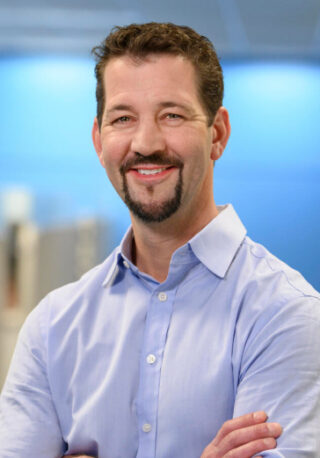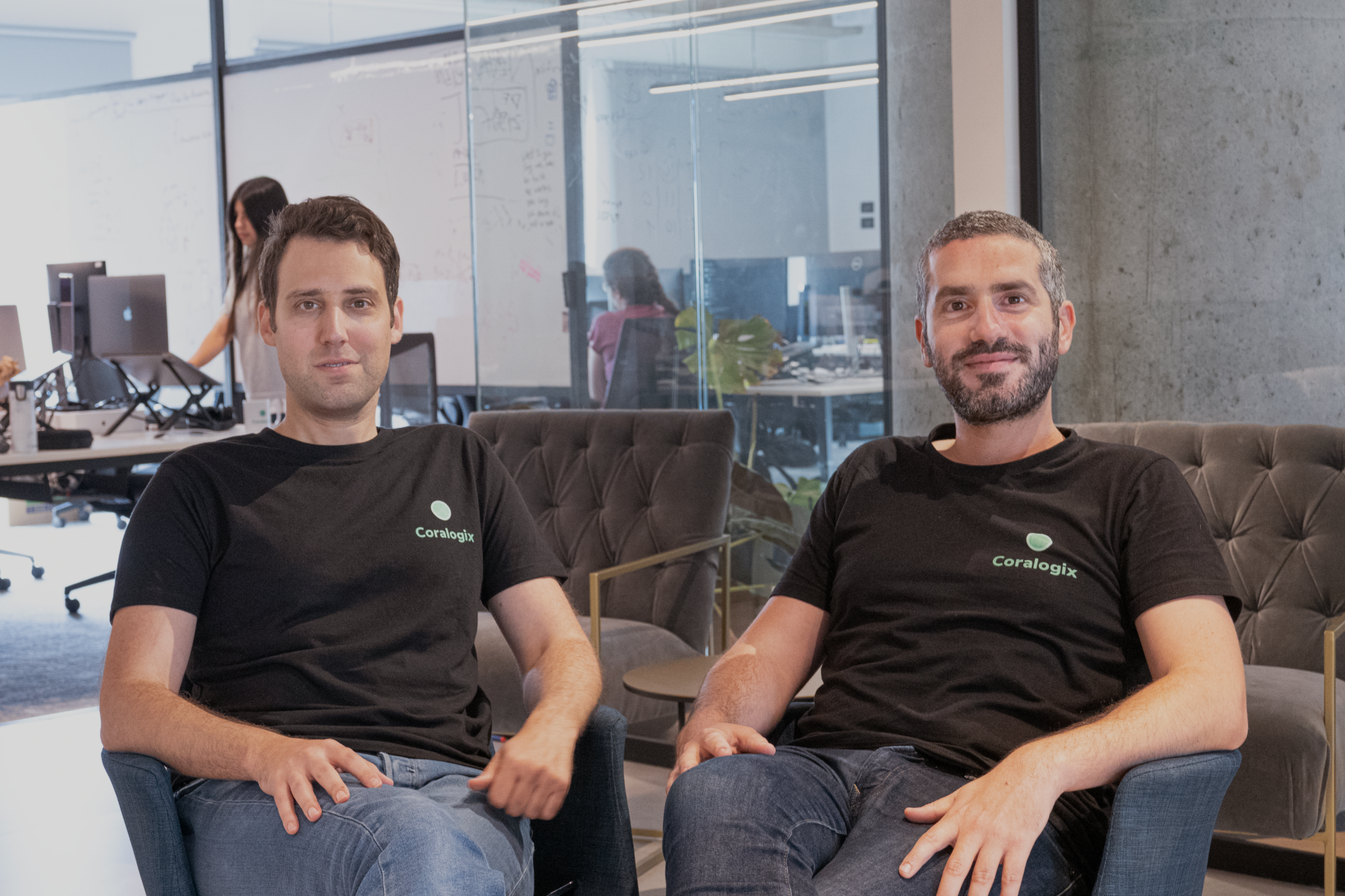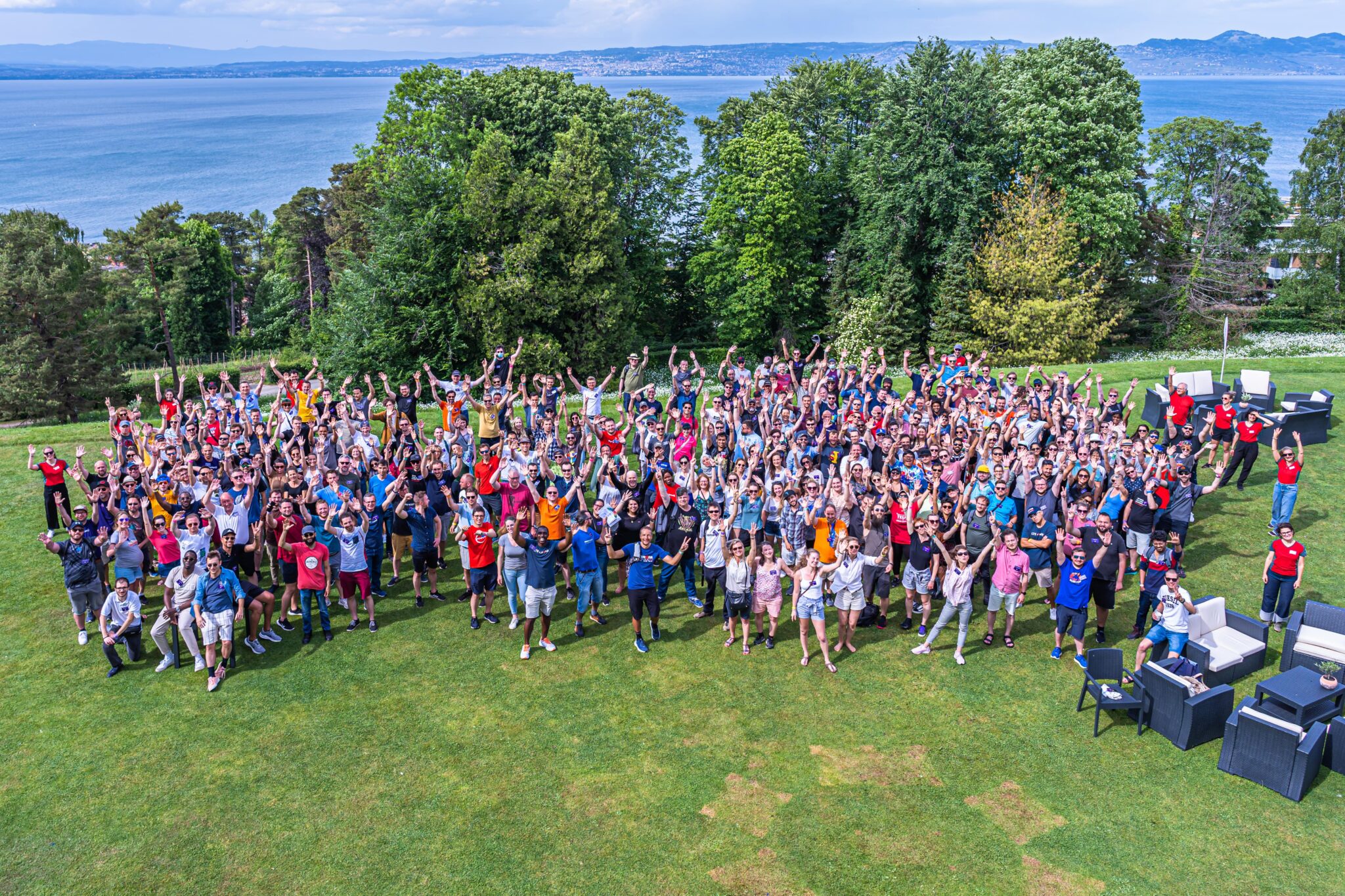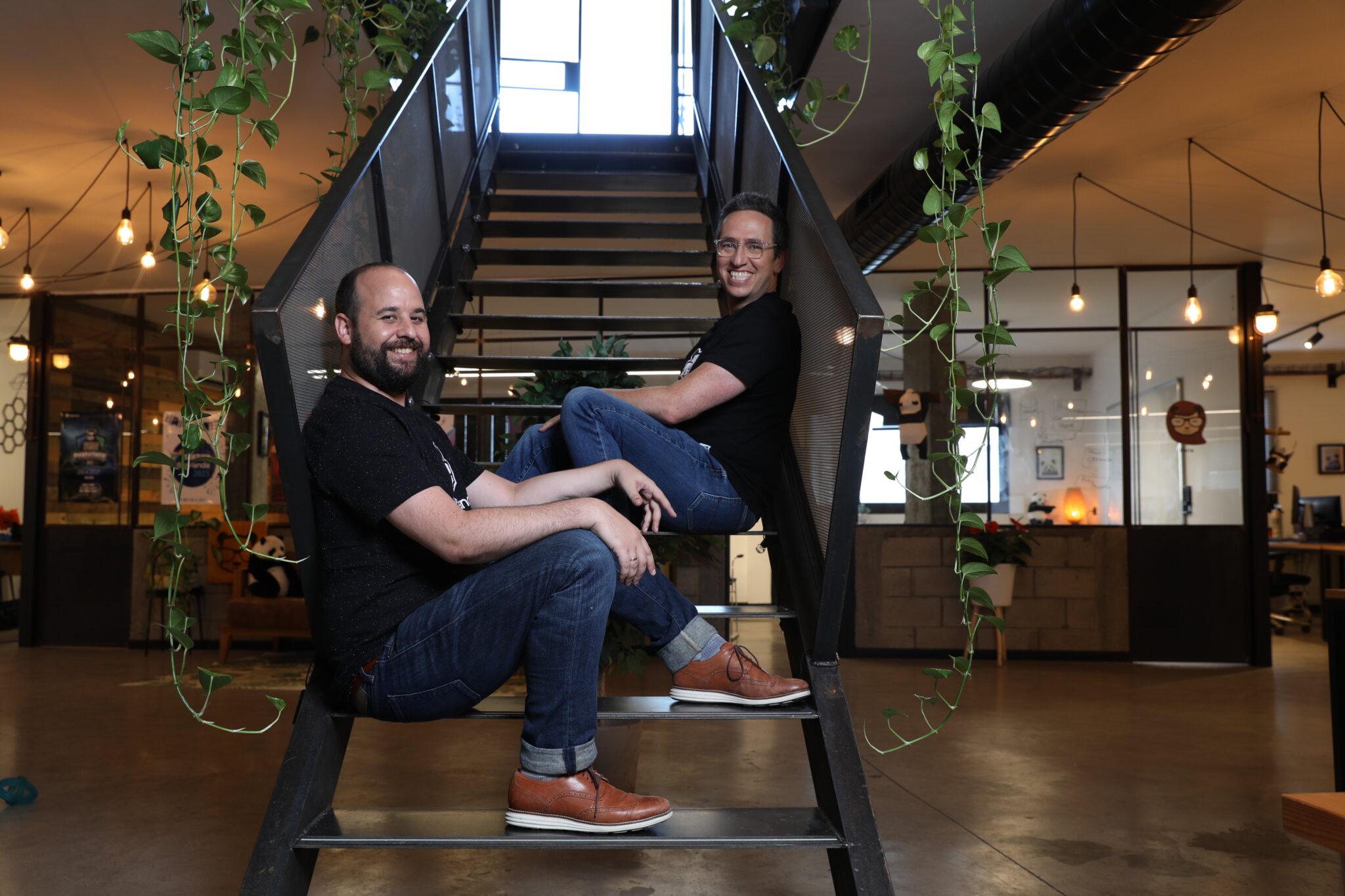
October 25, 2021Fireside Chats
Creating a health-tech powerhouse
Jason Krantz built Definitive Healthcare into a market leader by turning data into insights
- Digital transformation in healthcare generates mountains of data; turning that data into insights has proven key to unlocking efficiencies across the industry
- Definitive Healthcare has disrupted the market by productizing data and putting the power of insight in the hands of its customers
- Its culture, which empowers employees to do their best work through collaboration, attracts high-performers and fosters success
Jason Krantz started Definitive Healthcare in 2011 with a simple question: How could the mountains of data generated by the industry’s digital transformation be turned into insights that could help life sciences companies, healthcare IT organizations, hospitals and others in the healthcare sector make better decisions?
A decade later, Definitive Healthcare has emerged as a leading healthcare commercial intelligence provider with strong 30%+ revenue growth since Advent’s investment. It has more than 550 employees, 2,600 customers—including marquee names like DaVita, Cleveland Clinic, LabCorp, Philips, Medtronic, IBM and P&G—and nearly 100% of its business is in subscription-based revenue.
The company went public on Nasdaq in September 2021 at a market capitalization of $4 billion.
Definitive Healthcare’s path to success, which Krantz discussed with Advent’s Lauren Young during a recent fireside chat, is compelling and rich with lessons on everything from product innovation to culture for entrepreneurs and business leaders.
The right vision at the right time
It starts with Krantz’s timing, which was impeccable. The industry was experiencing a series of tectonic shifts. The Affordable Care Act altered the economics and dynamics of healthcare delivery. Electronic health records (EHRs) were becoming nearly ubiquitous, especially at large providers. A consolidation boom transformed hospital systems, insurance companies and pharmaceutical businesses into ever-larger players.
Jason Krantz
Founder and CEO, Definitive Healthcare
All this turmoil and transformation generated an explosion of data, which Definitive Healthcare began to accumulate. It comprises extensive, timely data on every healthcare provider in the United States, including hospitals, physicians, skilled nursing facilities and others, tracking millions of contacts and data points. The company has become a repository of information from diverse sources and now houses billions of medical claims as well as analytics on everything from a hospital’s technology infrastructure to the quality of care they provide to details on the decision-makers at those organizations.
By connecting these data sets in innovative ways, Definitive Healthcare has built an ever-growing suite of products that deliver insights to its customers, which include hospitals, medical device businesses, biotech, healthcare IT and healthcare construction companies. The products deliver insights that help those customers with everything from purchasing decisions to the creation of mission-critical workflows.
“Our job is to take the data, figure out what business problems our clients are trying to solve and deliver that data through analytics,” Krantz said. “We help them get to the answers that they actually need. They don’t want to buy data; they want to buy answers.”
Translating customer needs into new products
To be able to deliver those answers, Krantz assembled a team and developed a culture focused on continuous innovation and iterative product development. “The productization of our data is absolutely essential,” Krantz said.
At its core, the company’s innovation engine is fed with insights that come from listening to customers and understanding the problems those customers need to solve. “We don’t necessarily know what to innovate,” Krantz said, “but our clients know. So if we can listen to them, we can try to translate that into a great product.” The approach allowed Definitive Healthcare to build a suite of services that empowered businesses to operate more efficiently.

Jason Krantz
While many analytics companies offer consulting services as a way to generate revenue, Krantz largely rejected that approach. Indeed, whenever a customer indicated they might need consulting or additional services, Definitive Healthcare recognized that as a signal of potential market interest in a new product and got to work developing it.
As systems of record critical to businesses’ ability to function became systems of insight critical to those businesses operating more efficiently, the company was able to deliver growing value to its customers, creating barriers to entry for potential competitors and enabling Definitive Healthcare to scale. “Our average contract value has gone up every single year,” he said. “Every time we solve more problems with analytics, it’s more valuable to our clients.”
A clear-eyed approach to M&A
Krantz has also used M&A strategically and effectively, acquiring five companies in five years, including two in 2020: Monocl in October and PatientFinder in January. These acquisitions provided growth in data, customers and key employees, and made Definitive Healthcare the go-to source of information on supply chain, purchasing and contracting, provider and personnel contacts, as well as insights on medical and life sciences experts.
The transactions fall into two broad categories. “We’ve bought competitors,” Krantz said, “and we’ve increasingly bought capabilities and new products.” He treats each differently. New capabilities and products, like Monocl, are allowed to blossom with relative independence. “When we’re buying a fast-growing company that has a great product, what we want to do is help drive that growth as much as possible,” he said. “We don’t need to worry about heavy integration, but we find ways to accelerate the growth of those organizations through commercial and product synergies.” But when Definitive Healthcare acquires a competitor, it moves quickly to bring all customers and capabilities onto its platform, achieving gains in efficiency.
A culture of innovation and performance
Definitive Healthcare could not have succeeded as much as it has without Krantz’s forward-thinking, employee-focused leadership. From the beginning, he has been deliberate about establishing a culture that encourages risk-taking, supported by performance metrics. “Everyone wants to have impact,” he said. “So giving them the freedom to have that impact and to make mistakes … that’s what I find motivates people the most.” At the same time, that freedom needs to be balanced by “a set of very clear metrics and goals so that everybody’s aligned.”
Jason Krantz
Krantz has also established a culture that values collaboration and a diversity of viewpoints and helps junior employees learn faster by teaming up with more experienced colleagues. “The culture is the most important thing,” he said. “If you get that right, you can get the right people in the organization. And if you have the right people in the organization, you will perform.”
With those guiding principles, it’s no wonder that Definitive Healthcare has become a magnet for attracting and retaining talent in the highly competitive Boston market. And it’s no wonder it has been ranked among the best workplaces in Massachusetts for five consecutive years.
Redefining the CEO role
For Krantz himself, there was an element that proved critical to enabling that culture of performance: understanding, and accepting, his own changing role as CEO. “As a founder, you’re involved in absolutely everything at the beginning,” he said. “You do it all.” By the time Definitive Healthcare reached 100 people, that model became difficult. “At that point, it’s all about where are the areas that you can give up control and let people run with. I did that and thought I had it all figured out.”
But at a hypergrowth company nothing stays the same for very long. By the time the company doubled again, Krantz realized he had to go through the same process of letting go all over again. “The growing pains unfortunately don’t go away,” he said. “They go away for a little bit and come back, so it is essential to continue to adjust quickly to keep up with the growth.”


